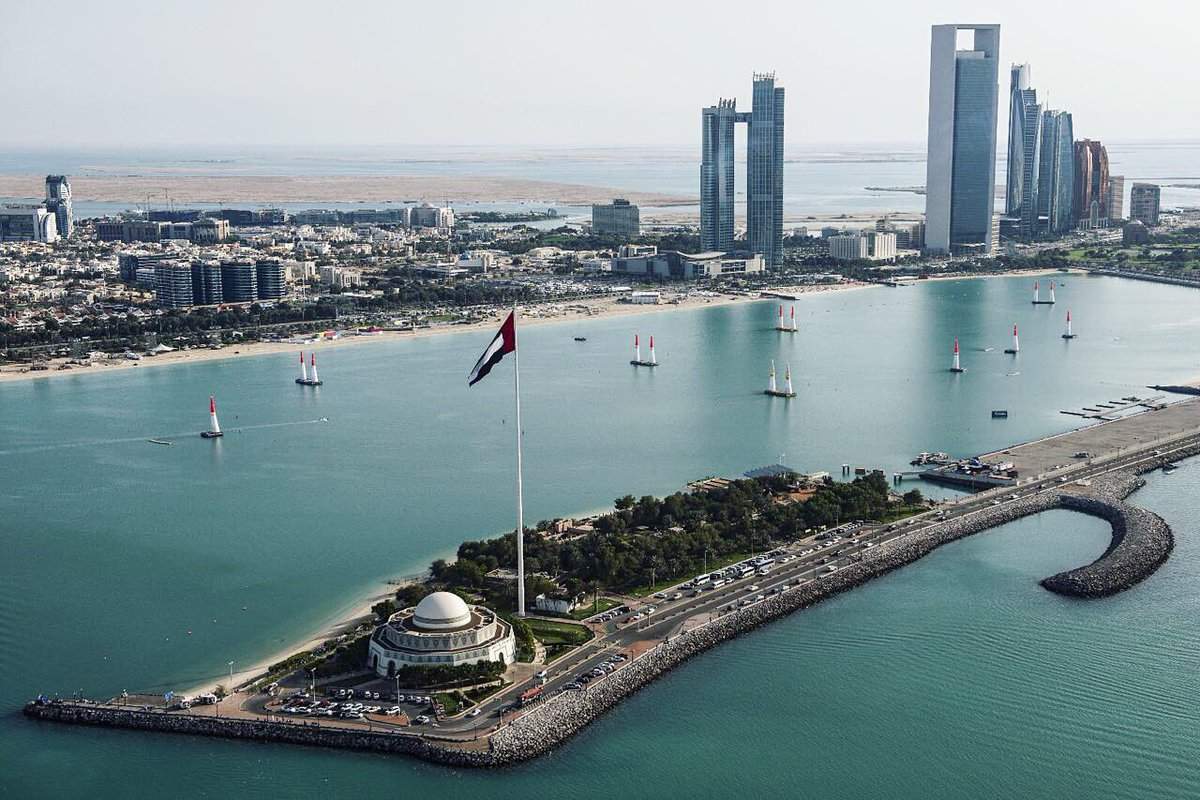
Government austerity measures in Abu Dhabi, the capital of the United Arab Emirates (UAE), are forcing expatriates to flee from the oil-rich region.
Prolonged low oil prices, new municipality taxes, widespread redundancies, high living costs and hefty utility bills are to blame for the mass exodus.
Scramble for jobs
There has been a marked economic slowdown across the emirate since the oil boom of the 2000s. UAE’s oil prices fell from mid-2014 highs of over $100 a barrel to less than $30 a barrel last year.
Adnoc, the UAE’s state-owned oil company, cut 5,000 jobs in the past 18 months.
In early 2016, Etihad Rail – which is 30 percent owned by the UAE’s federal government and 70 percent by Abu Dhabi – laid off 30 percent of its staff.
State-owned companies in Abu Dhabi prefer to get rid of foreign staff rather than locals, in an effort to limit unemployment among their citizens, according to Reuters.
How well do you really know your competitors?
Access the most comprehensive Company Profiles on the market, powered by GlobalData. Save hours of research. Gain competitive edge.

Thank you!
Your download email will arrive shortly
Not ready to buy yet? Download a free sample
We are confident about the unique quality of our Company Profiles. However, we want you to make the most beneficial decision for your business, so we offer a free sample that you can download by submitting the below form
By GlobalDataCleveland Clinic, the medical centre operator owned by Abu Dhabi state fund Mubadala created over 100 positions for locals after axing expatriate staff.
An estimated 2,000 job losses could result from the merger of National Bank of Abu Dhabi and First Gulf Bank. The second level management team for the combined entity was confirmed earlier this week.
Utility bills hike
In January, expatriates in Abu Dhabi saw their water bills increase by almost 32 percent and their electricity costs rise by just over 27 percent.
Foreign employees at the Abu Dhabi Investment Authority (Adia), one of the world’s largest sovereign wealth funds, as well as other government workers have to pay their own utility bills, which in some cases can exceed $20,000 a year.
Soaring living costs
This year, Abu Dhabi introduced a three percent municipality tax on annual rent for all expatriates. The fee is backdated to February 2016, meaning tenants were forced to pay a lump sum in January.
UAE nationals are exempt from paying the tax.
The average price for a 2-bedroom home on Al Reem Island, off the coast of Abu Dhabi, costs an estimated $378,000, a spokeswoman from Crompton Partners, a leading UAE-based estate agents told Verdict.
Time to go?
Expatriates appear to bare the brunt of the majority of austerity measures in the region.
Locals are favoured in the job market and only foreigners pay municipality taxes, despite rising living costs.
The UAE and other Gulf states are early targets for a trade deal with the UK after the process to leave the European Union — known as article 50 — is begun in March.
Perhaps such an agreement could help boost the economy in the UAE, but whether it is enough to lure back some of those who are in the process of leaving Abu Dhabi remains to be seen.







